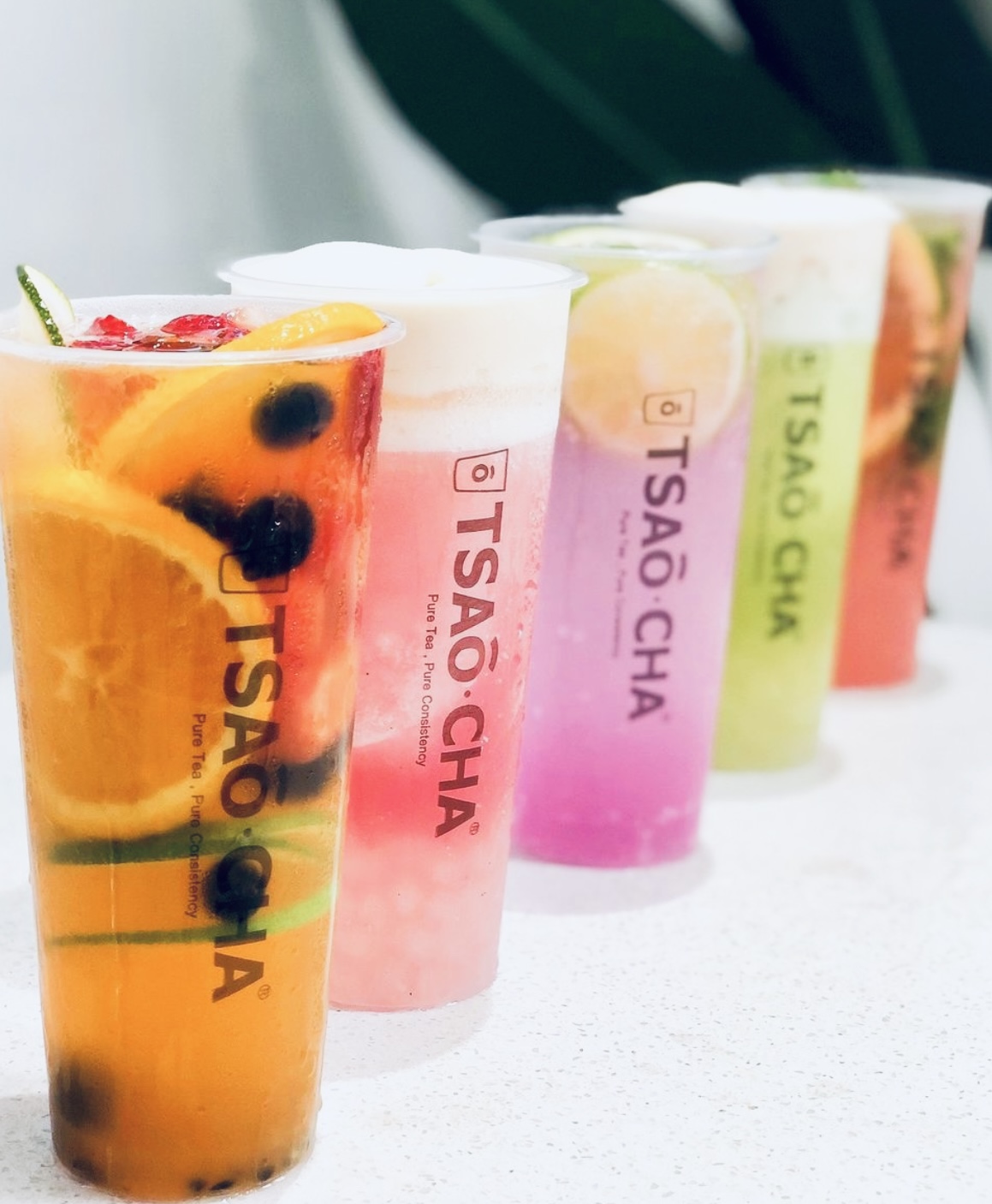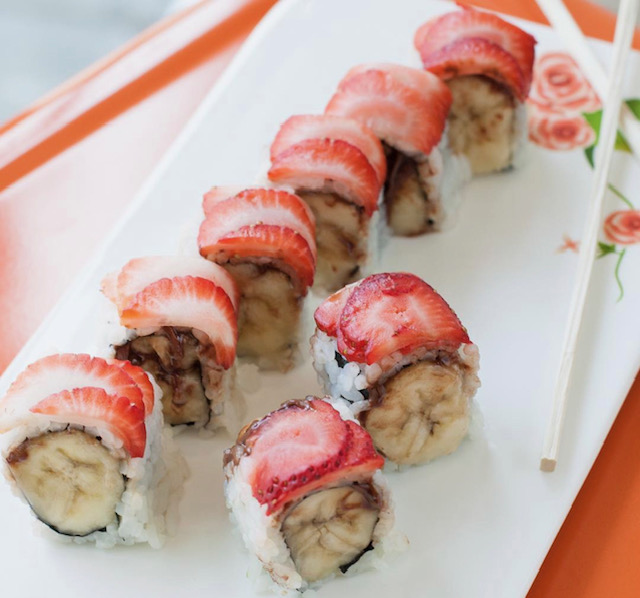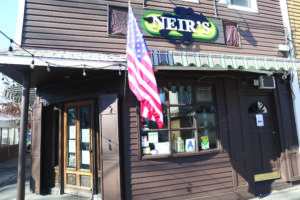New bubble tea shop opens its doors in Ridgewood
Tsaocaa strives to bring quality food and drink to locals
By Jessica Meditz
jmeditz@queensledger.com

Tsaocaa’s menu includes a wide variety of teas.
Earlier this month, residents of Ridgewood extended a warm welcome to Tsaocaa, a brand new bubble tea shop in the community.
Located at 65-07 Fresh Pond Road, the shop sits in a prime location where both longtime locals and passersby alike can stop in and enjoy a cup of bubble tea.
Wendy Lin, owner of the location, first arrived in the U.S. from Hong Kong almost 22 years ago, and has lived in Ridgewood ever since.
Loosely translated, “Tsaocaa” means “the holy land of tea,” and the franchise’s website looks at its team members as being on the pilgrimage road. Tsaocaa has over 100 locations across the U.S.

Tsaocaa opened its doors on Jan. 7
Lin feels this sentiment resonates with her own journey in the restaurant industry.
“I really like milk tea; I make myself one every day. But the ones that I make for myself versus the ones at Tsaocaa are totally different, as they use different types of tea, different roasts,” she explained. “Basically what we do is to try to fulfill whatever the Ridgewood area needs, and want to bring something special here.”
Tsaocaa’s menu includes various types of roasts, including sakura, jasmine and green tea. They offer a wide variety of options, including classic and slush style fruit tea, fruit mojitos, milk swirl and milk bubble tea.
Flavors across the menu range from grapefruit, mango, strawberry, kiwi, dragon fruit, lychee, blueberry, peach and many more.
Lin said that Tsaocaa is unique in that its teas not only taste great, but consist solely of pure, natural ingredients. Presentation is also of utmost importance, as their products are also served in an aesthetically pleasing way.
This is not Lin’s first endeavor in food and beverage, as she also owns Sushi Yoshi, which is located at the same site.

Lin’s other food business, Sushi Yoshi, is at the same site as Tsaocaa.
She’s been making sushi at the location for eight years, and its varieties include classic sushi rolls and signature rolls – such as the “Fresh Pond Roll” – which includes salmon, fresh pineapple and crunch topped with avocado and black caviar with mango sauce.
Other options include bowls, burritos, burgers, egg waffles, soups and salads.
Lin said that despite opening up so recently, she already has several regulars who stop by multiple times per week.
She’s thrilled to serve her community.
“I hear so many customers say they’ve been waiting to see this kind of location in the Ridgewood area, and we already have regulars,” Lin said. “That makes me so happy.”
Tsaocaa is open seven days a week from 11 a.m. to 10 p.m., and online ordering options such as UberEats, Grubhub and DoorDash – as well as their own online ordering service: https://www.onlineorder.abcpos.com/sushiyoshiridgewood/88b2a8c6856849daac58da72b81a3553.



